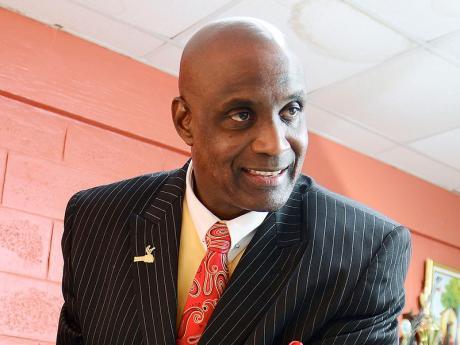Train workers for labour needs of the market
Dr Fritz Pinnock, executive director of the Caribbean Maritime Institute, is challenging the Ministry of Education and training institutions across the island to make a paradigm shift in the way persons are trained for the labour needs of the local and global marketplace.
In an interview with The Gleaner at the second International Conference on the Technical Vocational Education and Training in the Caribbean, which ended in Montego Bay on Friday, Pinnock said that, while a lot of money is being spent to train people, the country is not reaping the benefits as many persons are being trained in skill sets for which jobs are not readily available.
"We have to change our mindset. We are spending a lot of money, but we are not getting value for money ... . We are spending more than five per cent of GDP (gross domestic product) on education, but we are getting less from it than what we are spending. It shows that we need to rethink this approach," said Pinnock.
Don't train in isolation
He argued that more attention should be paid to the needs and demands of the market and not just to train people in isolation.
"Let the market tell us what they need and then we use that to develop the training course," he reasoned.
He questioned why Jamaica has had to be importing labour when sufficient persons are here who could be trained to fill the vacancies that are emerging.
"The country needs people for real hard core maintenance service. We have nobody to service the MRI machines and other hospital equipment, so there are a lot of jobs," noted Pinnock. "Look at how many foreigners are coming to assume jobs in Jamaica. We turn out more than 600 lawyers every year ... we have more lawyers than jobs for them."
Pinnock said Jamaica has an elitist system which is not responding to the needs of the labour market. He argued that there must be a separation of the funding for training as opposed to that which is required to run the organisations offering training.
"We must change and develop a system that is more responsive. First of all, we have to separate the funding for training from running an institution. If I am running an institution and you give me funding, it is going into my institution, whether it is a sinking ship or not," Pinnock said.
"So in Canada and Australia, they use the funding as a carrot and say they will fund programmes that are relevant. I use a basic formula (that) if you start with 1,000 people and you end with 150 and only five are employed, it means the programme is not relevant. This is what we have been experiencing in Jamaica," opined Pinnock.

